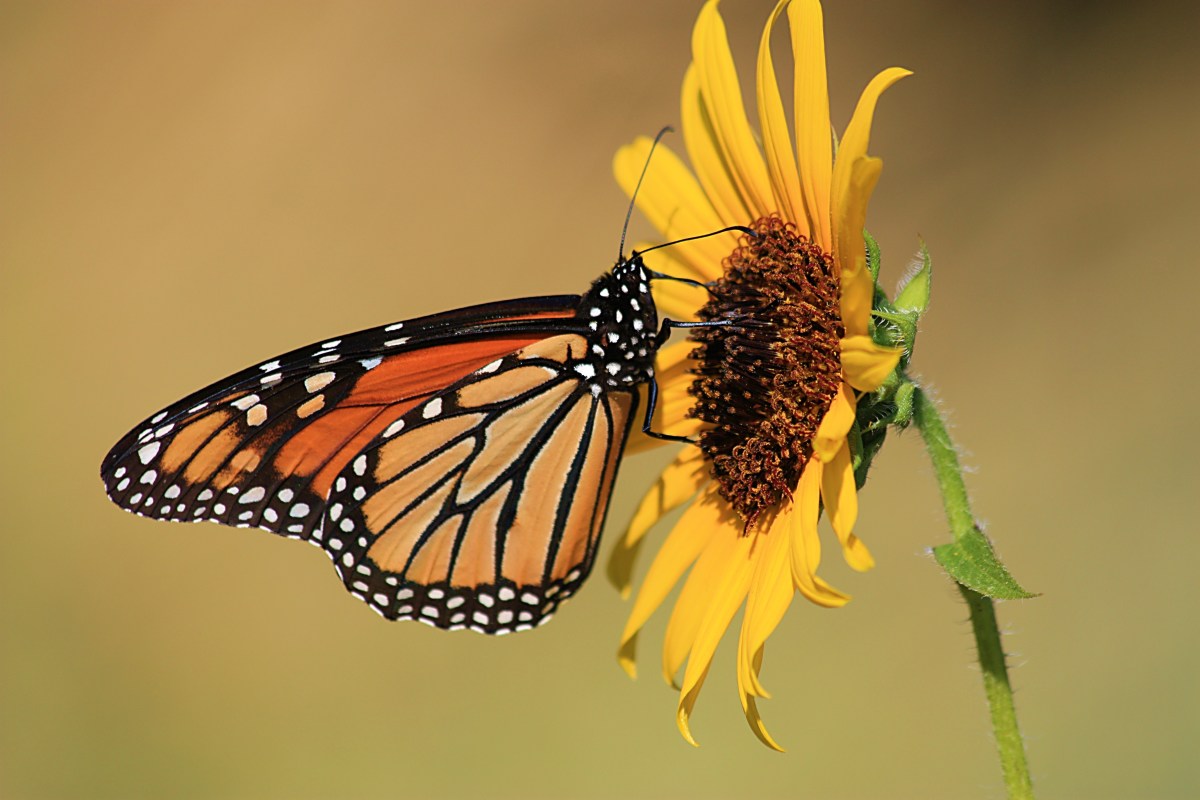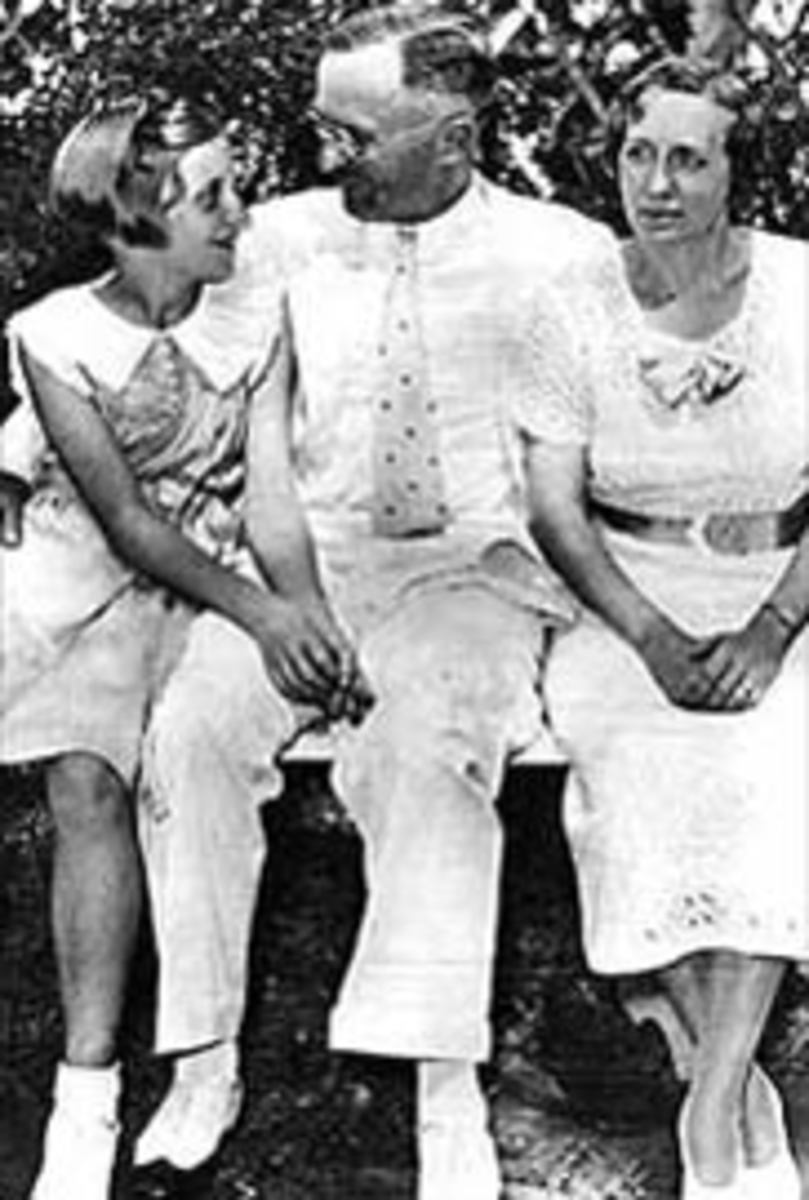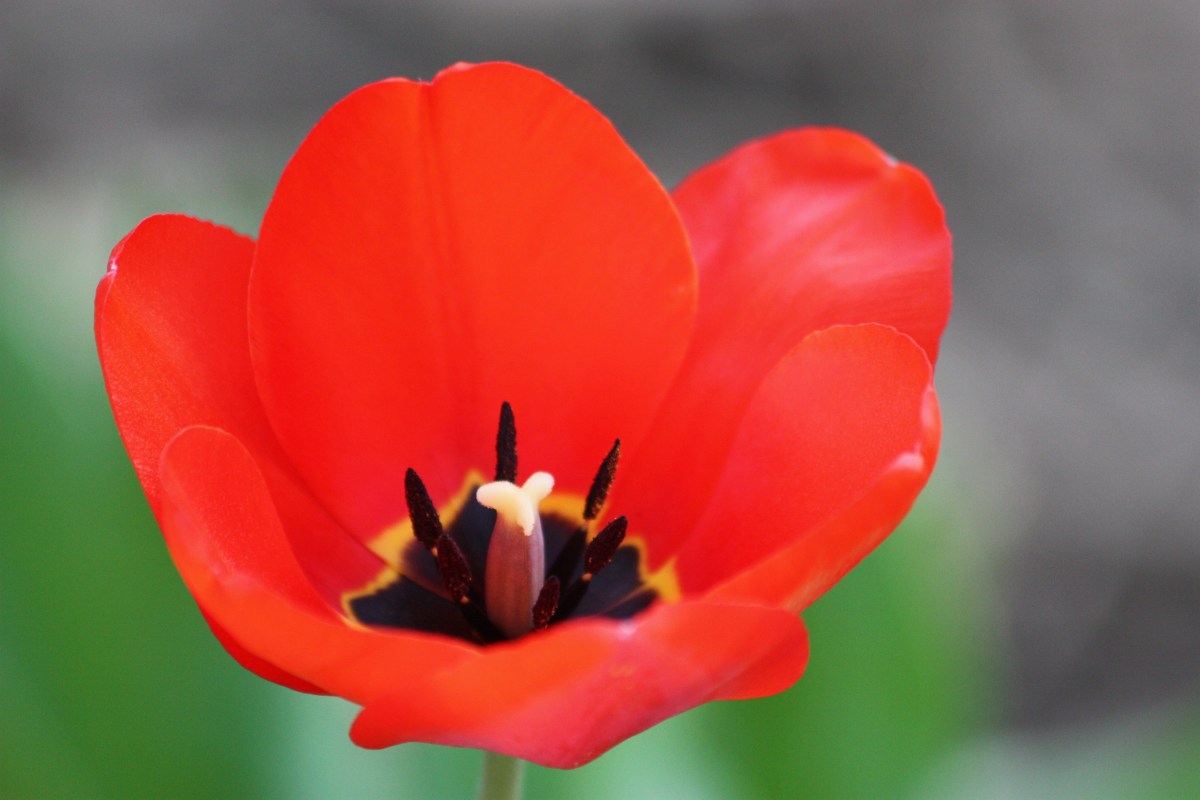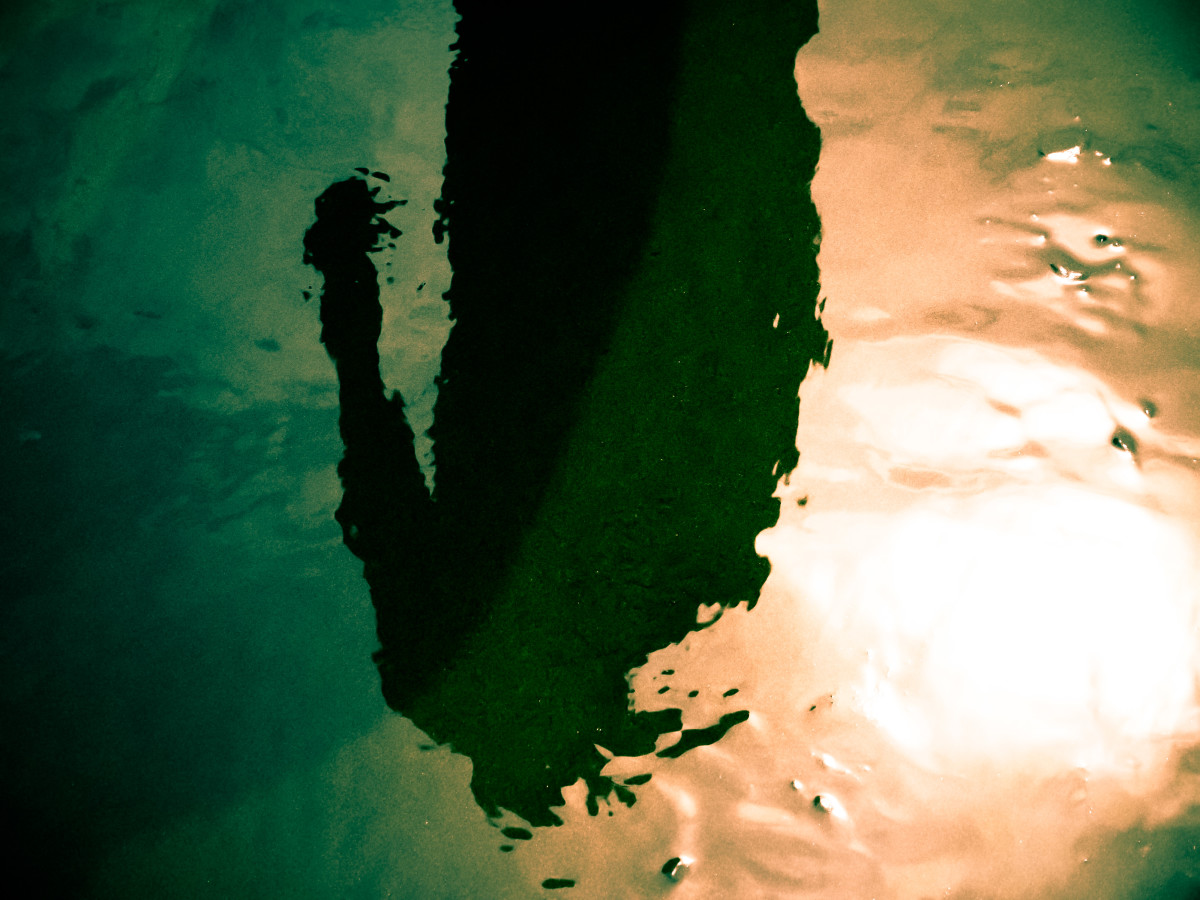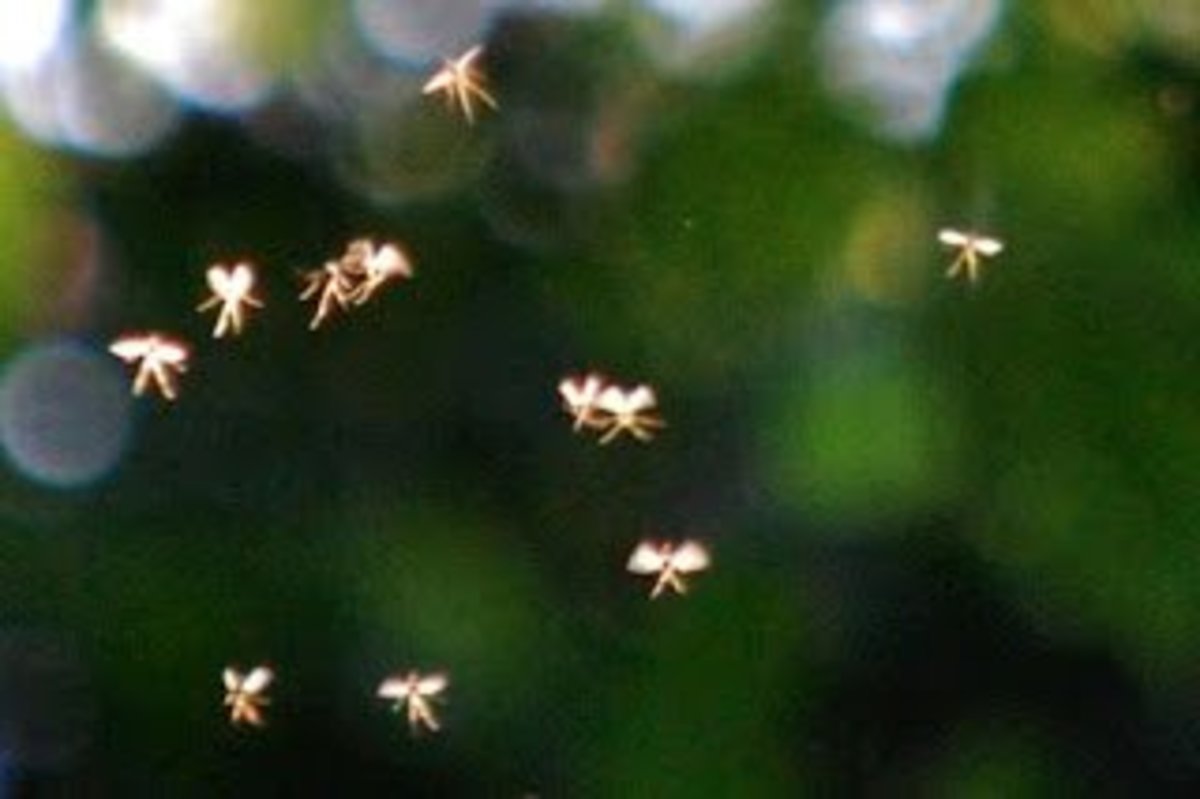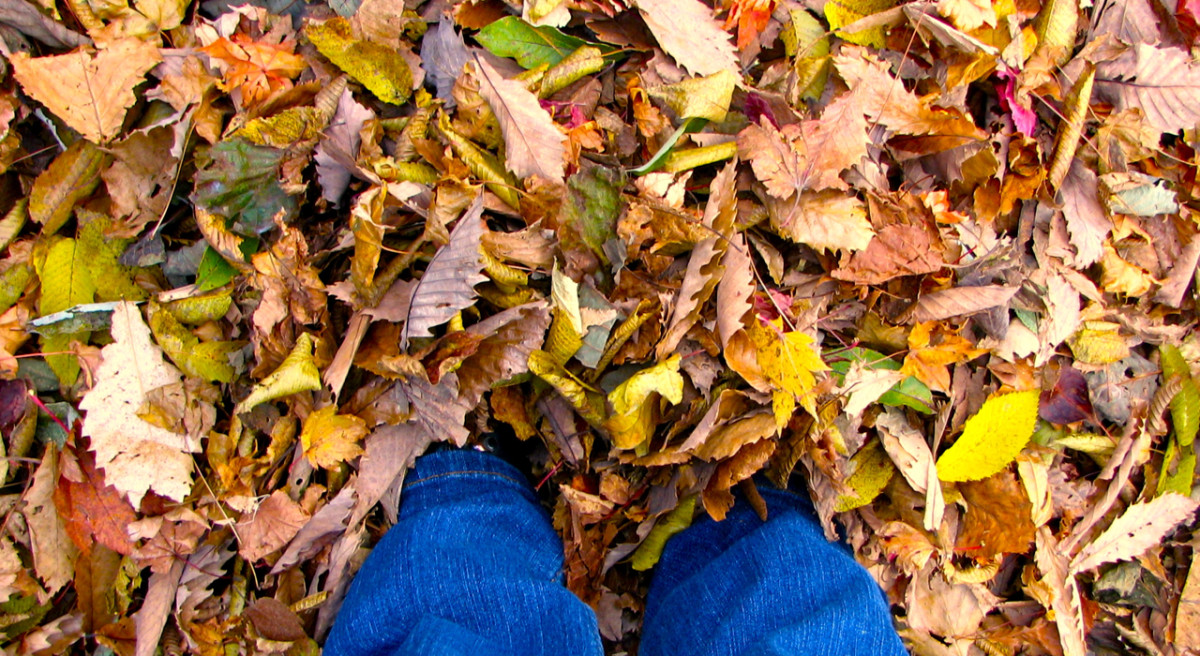How to Take Better Nature Photographs
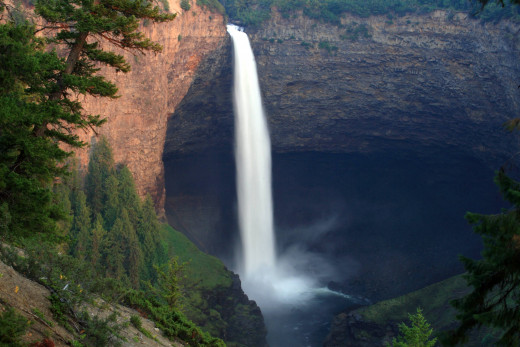
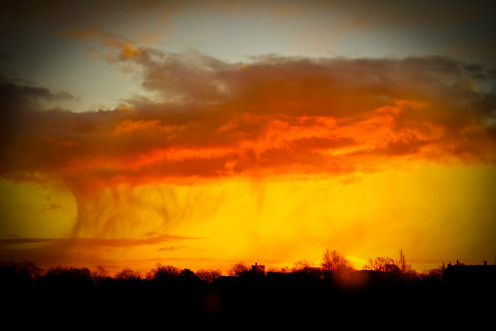
Nature photography can be very lucrative. Many scientific,educational, nature, conservation and many other publications regularly seek to use good nature shots with the emphasis on breathtaking shots that emphasize nature at its best.
These publications demand the best from any photographer and since there are quite a few professionals who make a living from their nature photography, getting your foot in the door may seem like a daunting task but one which can be done.
You need to focus your efforts on taking shots that are not ordinary. They should be extraordinary and possess a high degree of technical quality not found in many shots taken by most, and even some professionals.
The professionals who regularly submit photographs to these publications exact the highest standards from themselves and publishers understand this thus they regularly buy their work.
These professionals specialize in taking amazing pictures that will captivate an audience, are very crisp and 100% technically sound thus they evoke readers to take a deeper interest in nature's plight.
Publications seek images that not only look good but that also awakens something in a reader.
This should always be your primary goal. Judge your images as an editor would and ask yourself if you had to pay money for an image would you buy the ones that you have taken.
Nature photography is a reference to a very wide range of photographic endeavors dedicated to capturing images of the land such as landscapes as well as wildlife. Everything is photographed in its natural state with animals being held in captivity not falling within the scope of what is generally called nature photographers .
Basically nature photography involves taking shots of any subject outdoors. Nature photography mainly tends to place the bulk of the emphasis on the aesthetics of the scene and also aims to send a message to the viewers for the need of applying conservation efforts that will ensure the well being of the subjects and the environment.
"Nature photographs are published in scientific, travel and cultural magazines such as National Geographic Magazine, National Wildlife Magazine and Audubon Magazine or other more specific magazines such as Outdoor Photographer and Nature's Best Photography. Well known nature photographers include Frans Lanting, Galen Rowell, Eliot Porter and Art Wolfe." Wikipedia
If you have decided to get into the business and try your hand at nature photography, you must keep in mind that you will need top of the line gear and specially prime lenses in various sizes with long telephotos taking center stage.
Your subjects will not sit still for you and let you take their shot at leisure. You will also need to become a specialist in whatever subject you are aiming to record. Study their habits, their customs, their habitats and learn everything hat you can about their behavior. This make it easier to locate them them and will allow to recognize habits that will allow you to take better shots.
Above all you will need to become an expert with your gear and learn to push the limits of it.
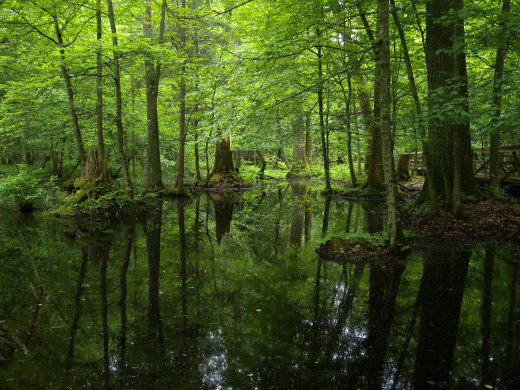
What are some nature scenes that appeal to you?
- Nature, Wildlife and Landscape Photography Resource
An online nature photography resource dedicated to the art and technique of nature, wildlife and landscape photography.
There are basically two variations. The first is to take nature shots that do not focus on one main subject type like birds, mammals or landscapes.
The second is to become as specialist in one main subject type like moose, mountain lions, birds of the forest, river scenes, or mountains.
Either will offer you plenty of opportunities but there is one main difference to becoming an expert. If you take shots of a multitude of subjects then your chances of making a sale increase but your competition is much larger.
If you become a specialist in one main subject matter, whenever editors need subjects or photographs of your specialty they will know who to turn to and your chances of making a bigger sale increase that much more.
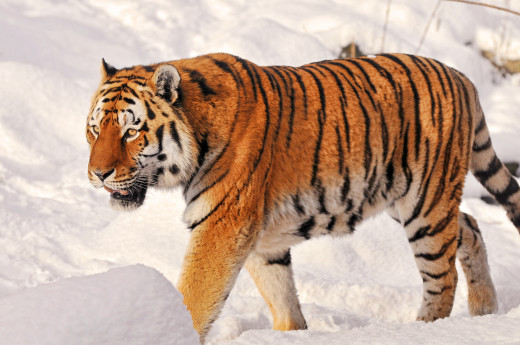
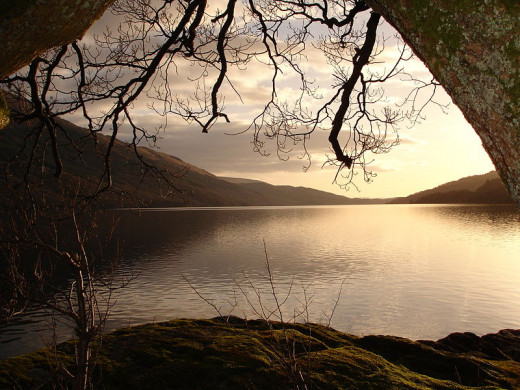
There are a number of ethical issues that surround any nature photographer such as if you take your shots in the zoo, in nature preserves or anywhere that the animals are, in essence, captive.
If you do you must reveal this fact to any potential client as they take this seriously and images of captive subjects do not fetch fees as high as photographs of truly wild creatures. If you alter the location for your own benefit or do so for the sake of the shot, then you may also be chastised.
These are but a few concerns which every nature minded photographer has to take into consideration each and every time he wanders into the wild.
The best alternative is to photograph subject as you come upon them with little ,if any, interference from you. This includes scaring off a predator that is about to pounce on Bambi, this is unethical.
The general rule of thumb is that you are simply an observer of nature and you will not interfere in anything other than to safeguard the lives of others or your own.
Other concerns involve the potential of causing stress or harm to wildlife by your mere presence, so try to be as inconspicuous as possible, the potential of photographers overrunning and destroying natural areas, the use of game farms, and veracity of your images; did you take the shot as it appeared or did you use a digital program to manipulate the final product?
In all of your dealings honesty is the best practice and deviations can be costly to your finances as well as to your reputation.
Becoming a nature photographer takes time, effort, dedication and lots of perseverance.
You need to start taking pictures if you want to start selling pictures.
Once you have a substantial number of images, at least over 2000, then concentrate on contacting small publications and obtaining their submission guidelines.
Local publications may offer you a good shot at publishing your work but often this does not come with a fee. It is better to get you name out there at first than to start making money form the start.
A National Geographic Magazine editor once said that to become an Nat Geo photographer one usually waits for them to contact you first; if they call you, they already know who you are.
Let your reputation and your photographs speak for you. Do not be pushy and take jobs or assignments as they come until your work earns the respect and peaks the interest of the decision makers.
Something else worth considering is that many professionals are also great story tellers. Most often they accompany their photographs with an accompanying article and editors love this since it makes their work easier.
Tell the story with your photographs but also with your penmanship.
Don't forget to hone your marketing skills as well. A good place to start is to create your own website and start selling prints that way.
Another excellent resource is to take your nature shots and include them in your own e-book.
Once you have the images, write a story behind them and submit the entire package to an e-book publisher.
Most are free and you get to keep most if not all of the profits from each sale.The publisher that I currently use is Booktango but Smashwords is also very popular too.
- North American Nature Photography Association - NANPA
NANPA, the North American Nature Photography Association, is the first and only association in North America committed solely to serving the field of nature photography. NANPA promotes the art and science of nature photography as a medium of communic
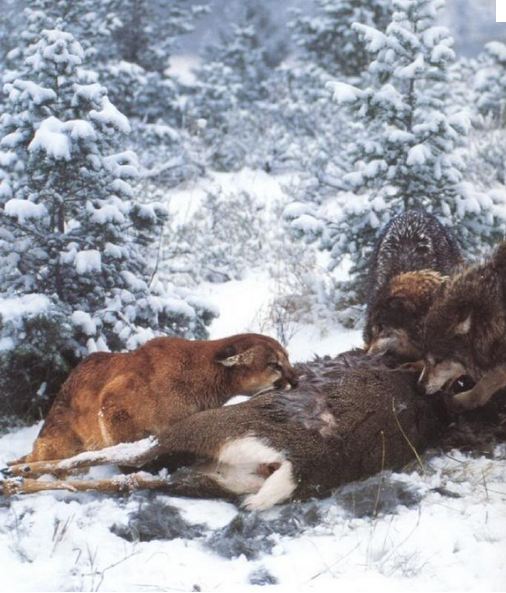
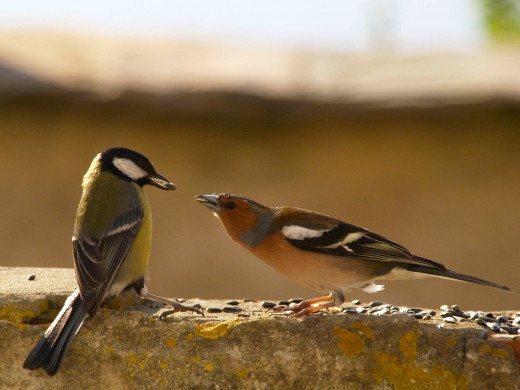
Want more photography ideas? Then check out these eBooks
- Photography for Photographers by Luis E Gonzalez · OverDrive: eBooks,
Pictorialism is just one more in the long lists of photographic subjects that can enhance your photography experience. The book shows you other useful techniques that one can apply in order to produce better photos and get to partake in less th...
© 2013 Luis E Gonzalez



